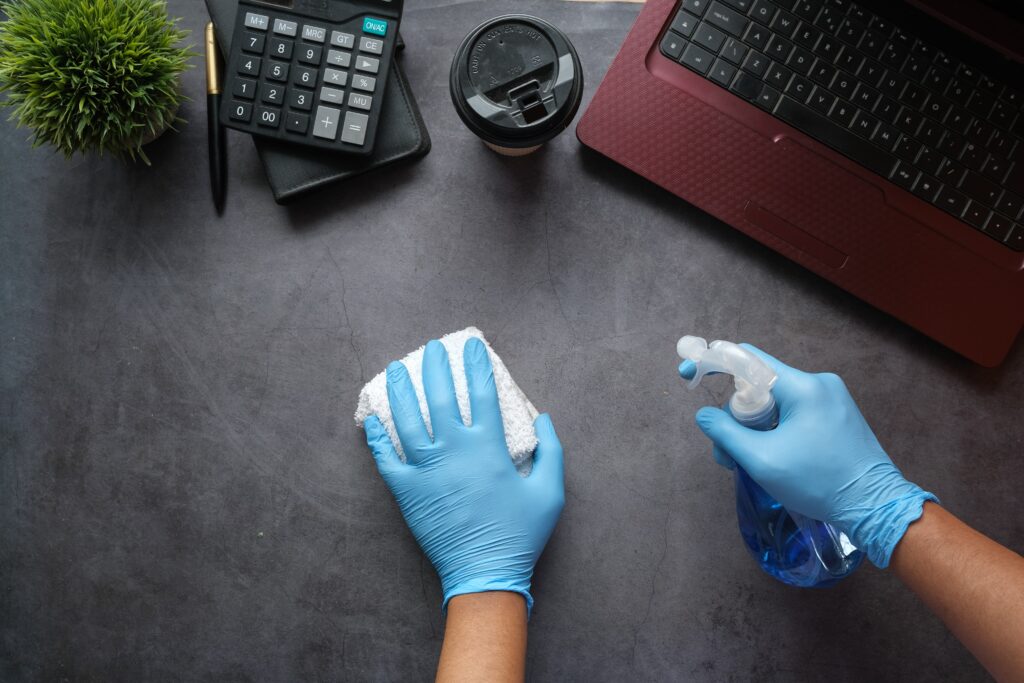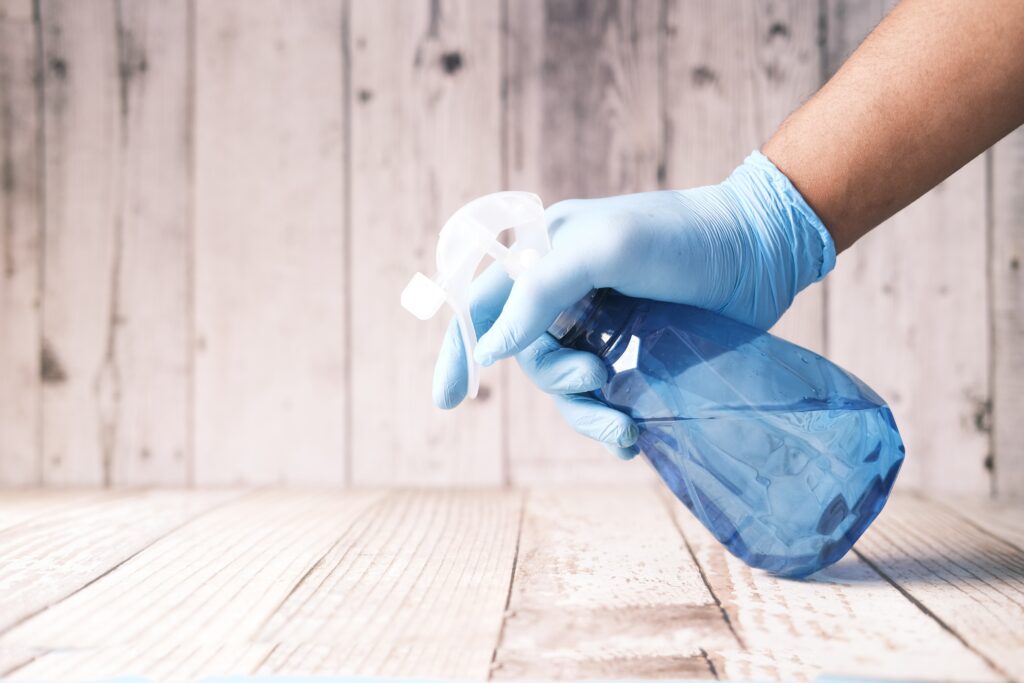Are your antibacterial cleaning products really doing the job you think they are? While these cleaners may promise to rid your home of harmful bacteria, recent studies have shown that some antibacterial chemicals can actually do more harm than good.
But don’t throw out those disinfectant wipes just yet – there are safe and effective ways to keep your living space germ-free. In this blog post, we’ll take a closer look at antibacterial cleaning products and what you need to know before using them in your home.
Household products containing antibacterial agents
Antibacterial cleaning products are household cleaners that contain antibacterial agents. These agents kill or inhibit the growth of bacteria, fungi, and viruses. They are used to clean surfaces in the home, such as countertops, floors, toilets, and showers.
Household products containing antibacterial agents include all-purpose cleaners, disinfectants, and sanitizers. All-purpose cleaners are formulated to clean a variety of surfaces in the home. Disinfectants are designed to kill bacteria and viruses on hard surfaces. Sanitizers are used to reduce the number of bacteria on surfaces.
All-purpose cleaners can be used on a variety of surfaces in the home, including countertops, floors, toilets, and showers. However, they are not as effective as disinfectants at killing bacteria and viruses. All-purpose cleaners typically contain alcohols, phenols, or quaternary ammonium compounds as their active ingredients.
Disinfectants are designed to kill bacteria and viruses on hard surfaces. The most common active ingredients in disinfectants are alcohols, phenols, quaternary ammonium compounds, and chlorine bleach. Disinfectants should be used on hard surfaces such as countertops, floors, toilets, and showers.
Sanitizers are used to reduce the number of bacteria on surfaces. The most common active ingredient in sanitizers is alcohol. Sanitizers can be used on all types of surfaces in the home including countertops, floors, toilets
Cleaning products may contribute to antibiotic resistance
Cleaning products are designed to kill bacteria, but some studies suggest that they may also contribute to the development of antibiotic resistance. Antibiotic resistance occurs when bacteria evolve to become resistant to the antibiotics used to treat them. This can happen when antibiotics are used unnecessarily, such as when they are used to treat viral infections, or when they are not taken as prescribed.
Cleaning products may also contribute to antibiotic resistance by selecting resistant bacteria. When cleaning products kill sensitive bacteria, they create a niche for resistant bacteria to flourish. Additionally, many cleaning products contain chemicals that can select for antibiotic-resistant strains of bacteria.
The best way to avoid contributing to antibiotic resistance is to use cleaning products as directed and only use antibiotics when necessary. Additionally, it is important to dispose of unused or expired antibiotics properly so that they cannot be accidentally ingested and contribute to the development of resistance.

Most bacteria are beneficial
Most bacteria are not harmful and can actually be beneficial. Certain types of bacteria can help to break down food and other organic matter, which can help to keep your environment clean.
Additionally, some bacteria can help to protect you from more harmful bacteria by competing for space and resources.
Soap and water are just as effective as antibacterial cleaning products
Soap and water are just as effective as antibacterial cleaning products at reducing the number of bacteria on surfaces. In fact, soap and water may be more effective than some antibacterial cleaning products because they can remove dirt and debris that can protect bacteria from the action of the cleaning agent.
Read More: Why Does Alcohol Give Me a Headache?
Antibacterial cleaning products and allergies
There are a variety of antibacterial cleaning products available on the market today. However, some people may be allergic to the ingredients in these products. Symptoms of an allergic reaction may include itching, redness, and swelling. If you experience any of these symptoms after using an antibacterial cleaning product, stop using the product and consult your doctor.

Reducing the effects of harmful bacteria
There are a few simple ways to reduce the effects of harmful bacteria in your home. Use antibacterial cleaning products on surfaces that come into contacts with food, such as countertops and cutting boards.
Keep your hands clean by washing them thoroughly with soap and water, and avoid cross-contamination by using separate cutting boards for raw meat, poultry, and seafood. Cleaning your home regularly with antibacterial cleaners will help to create a healthy environment for you and your family.
Final Notes
It’s important to remember that antibacterial cleaning products are not always necessary. In most cases, regular soap and water are all you need to clean surfaces and kill germs.
However, there are some situations where antibacterial cleaners can be helpful. If you’re cleaning up after someone who is sick, for example, or if you’re concerned about germs in a high-traffic area like a bathroom, an antibacterial cleaner can give you peace of mind.
When using antibacterial cleaners, be sure to follow the directions on the label. Some products require you to let them sit on surfaces for a certain amount of time in order to be effective.
And, as with any cleaning product, always ventilate the area well and avoid contact with skin and eyes.

